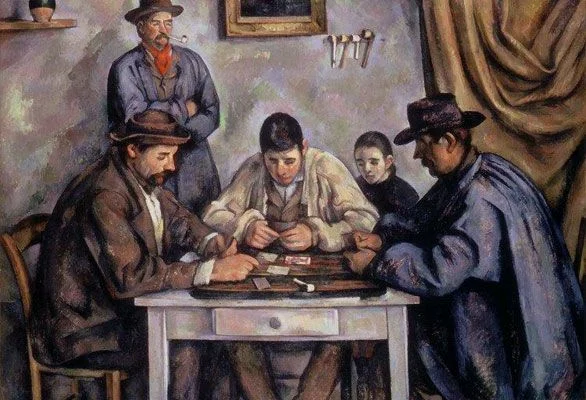Chandigarh, 20 July: What does it mean to exist? And what does it mean to believe in something beyond ourselves — an ideal, a truth, a perfection we can never quite reach? These are not just philosophical questions confined to academic halls; they are questions that define the human experience. At the heart of them lie two distinct but often intertwined schools of thought: existentialism and idealism.
Existentialism, which rose to prominence in the 20th century with thinkers like Jean-Paul Sartre, Simone de Beauvoir, and Albert Camus, centers the individual in a world that appears — at first glance — to lack inherent meaning. In contrast, idealism, rooted in much older traditions and famously shaped by philosophers like Plato, Hegel, and Kant, believes in the primacy of ideas or consciousness as the foundation of all reality.
So how do these two contrasting worldviews shape the way humans live?
“Man is nothing else but what he makes of himself,” wrote Sartre, capturing the core of existentialism. It is a philosophy of freedom — and of burden. In a world where God is silent, meaning is not handed down; it must be created. But that freedom to choose, to define one’s own purpose, comes with anxiety, doubt, and what existentialists call angst.
From the young professional staring at a career that no longer makes sense, to the middle-aged parent questioning the values they passed on, existentialism whispers: You are alone in your choices. There is no script. You must act anyway.
Camus, in his famed essay The Myth of Sisyphus, likened human life to the absurd struggle of a man condemned to roll a boulder uphill forever. And yet, Camus argued, we must imagine Sisyphus happy — because rebellion, the choice to live despite absurdity, is itself meaningful.
Idealism offers a very different lens. Rather than emphasizing raw, subjective experience, it tells us that reality is shaped — even generated — by ideas, by the mind, by the eternal. Plato spoke of perfect “Forms” that exist beyond the visible world: a perfect circle, a perfect justice, a perfect love. All that we see in this world, he said, are imperfect copies of those higher truths.
In modern forms, idealism suggests that consciousness is not in the world — it is the world. We experience beauty and love and morality not as arbitrary or personal creations, but as reflections of something real, enduring, and universal.
Where existentialism demands we build our meaning from scratch, idealism proposes that meaning already exists — we need only to tune into it.
While these philosophies may seem to be at odds, in reality, most people live suspended between them. A young artist may wrestle with existential doubt — Why am I doing this? Does it matter? — while still clinging to the ideal of truth or beauty in their work. A teacher may teach not because of a paycheck but out of faith in the ideal of education, even while privately battling burnout and meaninglessness.
Dr. Aarti Walia, a professor of philosophy at Panjab University, says this tension is natural. “Human beings are both grounded and aspirational,” she explains. “We face the real world with all its chaos and uncertainty, but we also carry within us ideals — of love, of justice, of truth — that we can’t let go of.”
Indeed, some thinkers have tried to bring the two together. German philosopher Hegel, often classified as an idealist, saw history as a process by which freedom and reason gradually unfold. Existentialists, on the other hand, were deeply skeptical of such teleological thinking. Yet even Sartre, in his political later years, showed concern for collective struggle and justice — ideals in their own right.
Philosophy might seem abstract, but these debates play out in daily life. When someone refuses to conform to societal pressure and chooses their own path, they are living existentialism. When another holds fast to faith, or art, or duty, despite hardship, they may be moved by idealism.
As human beings, we live in moments where we question everything — and others where we surrender to something bigger than ourselves. In grief, in love, in protest, and in silence, we touch both our smallness and our capacity for the infinite.
Perhaps the real challenge — and beauty — of life lies not in choosing one philosophy over the other, but in learning to stand with both feet planted, one in the dust of existence, the other in the light of the ideal.
As Camus might have said: The struggle itself toward the heights is enough to fill a man’s heart.

